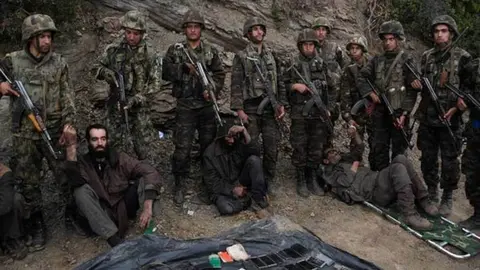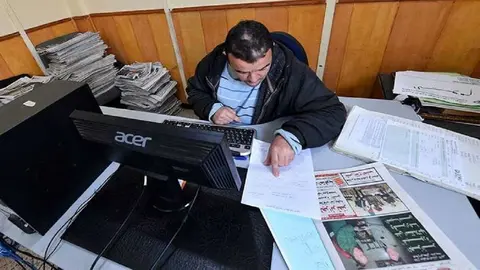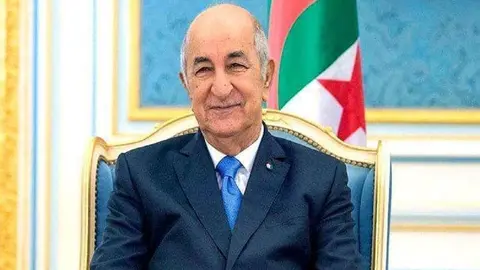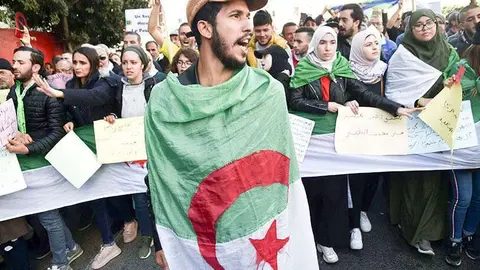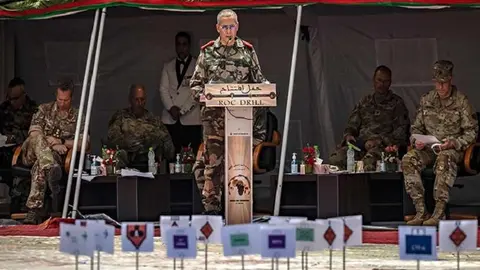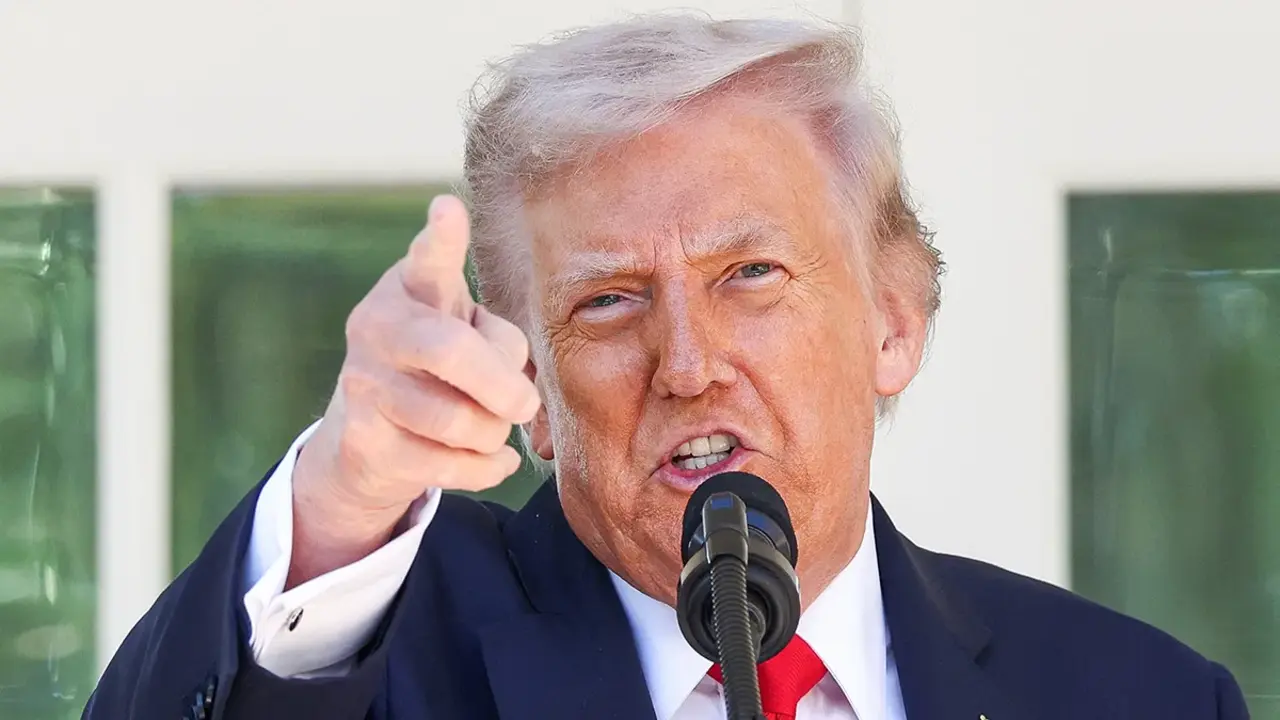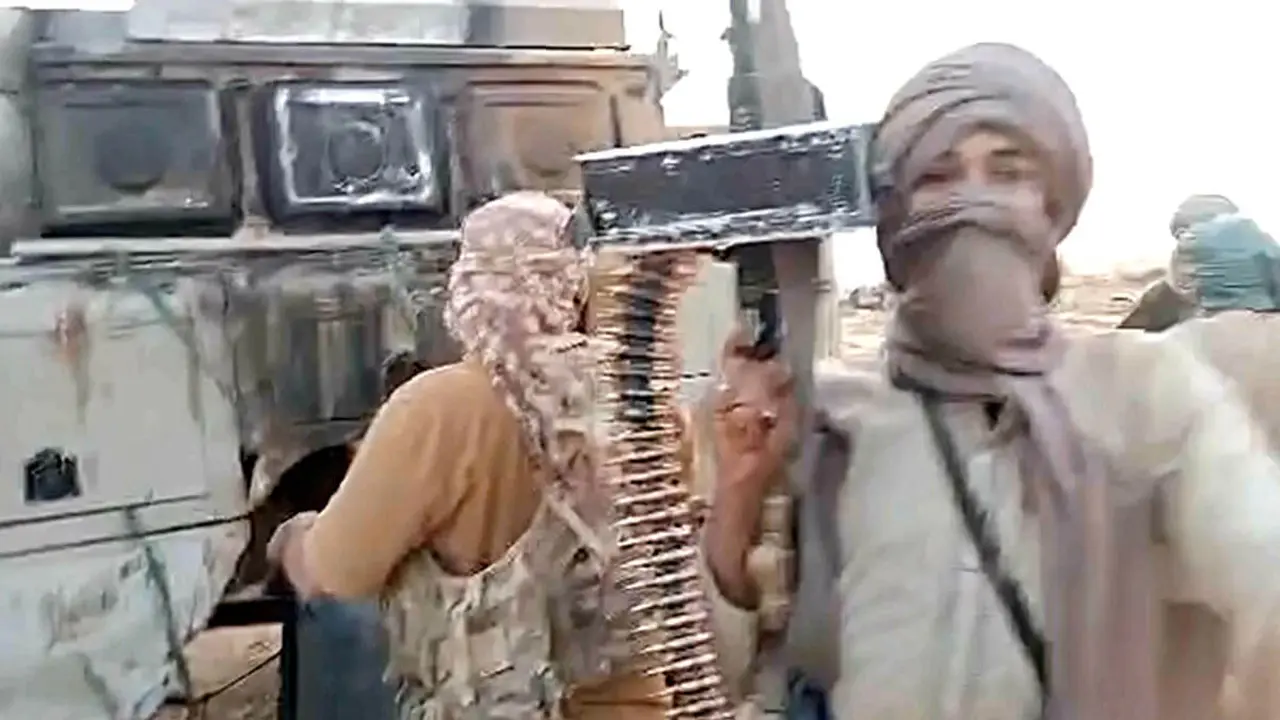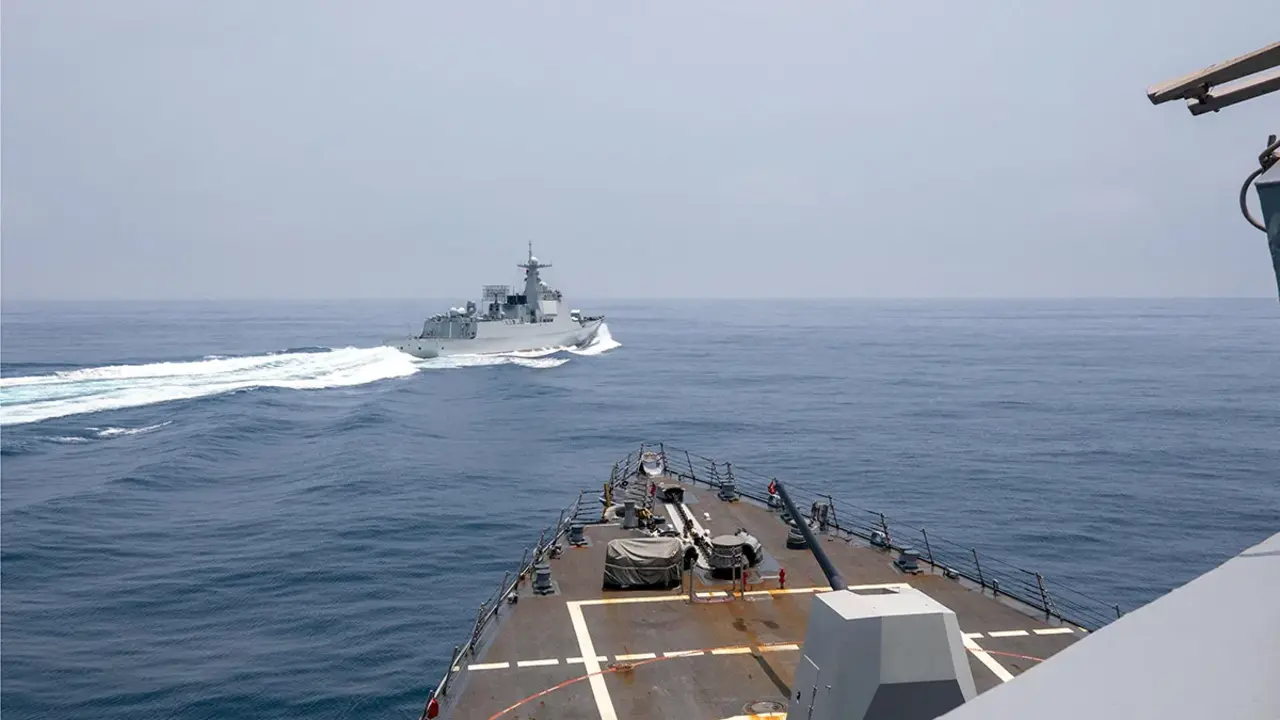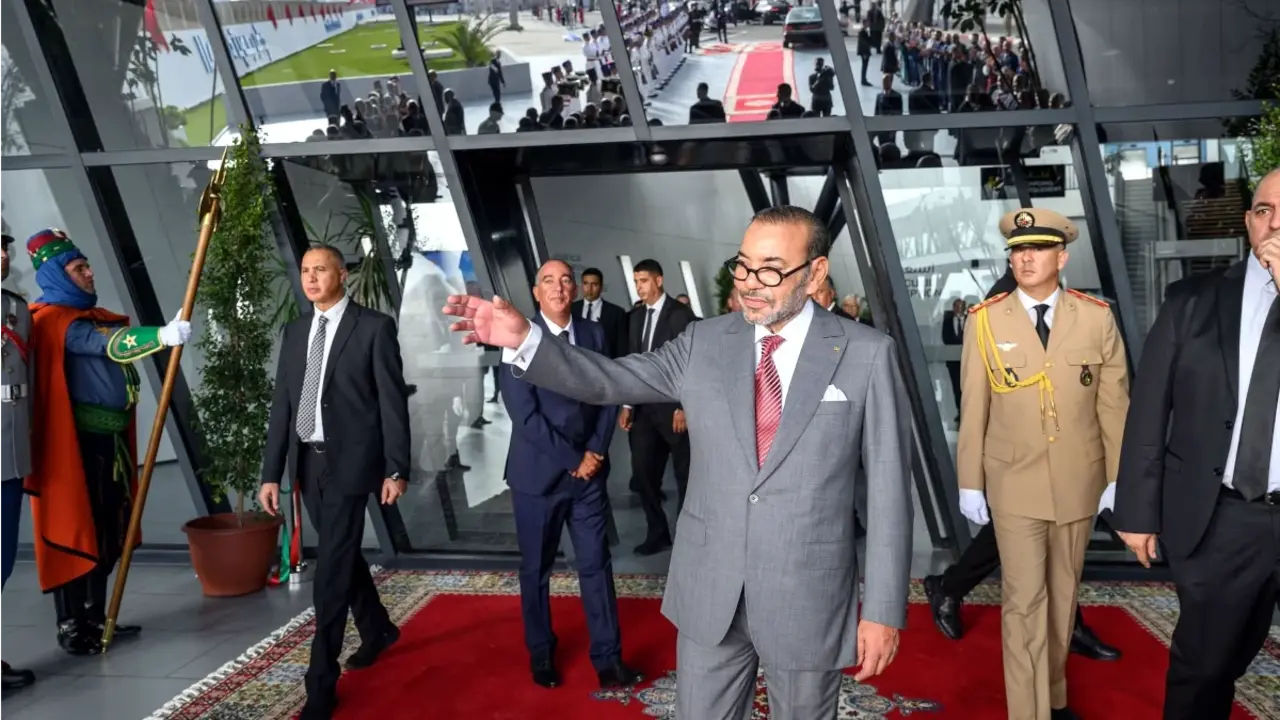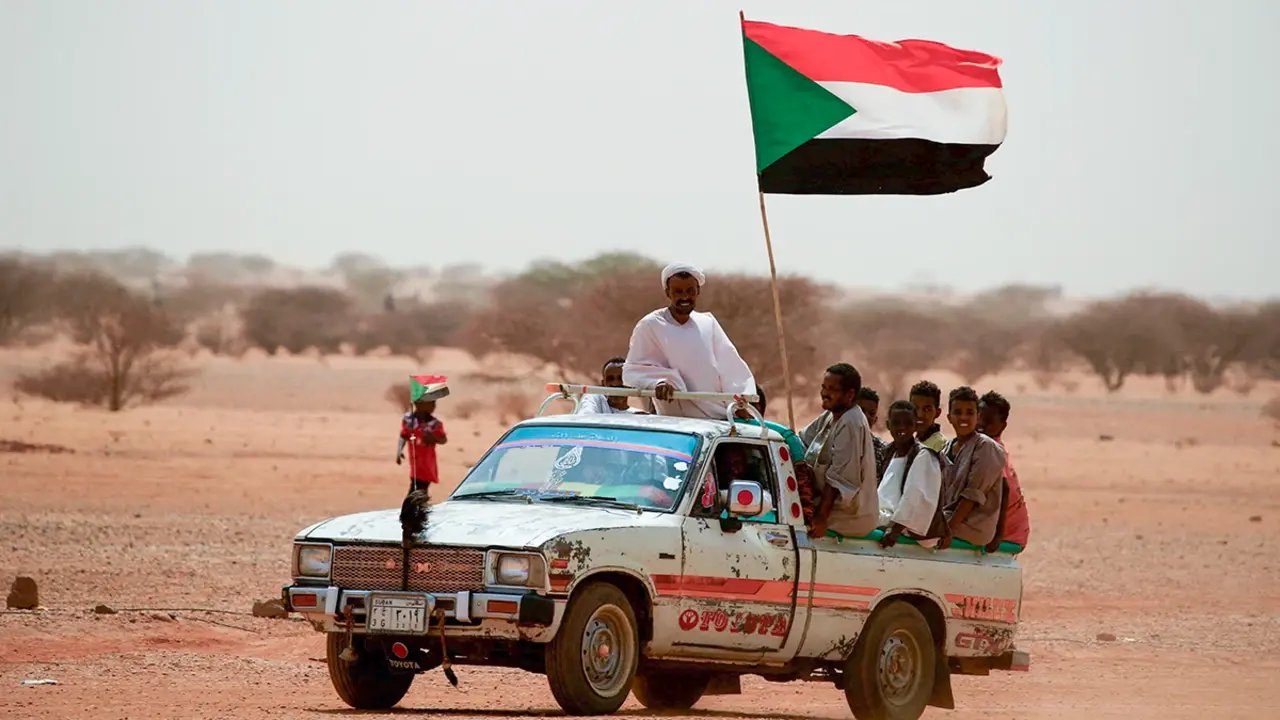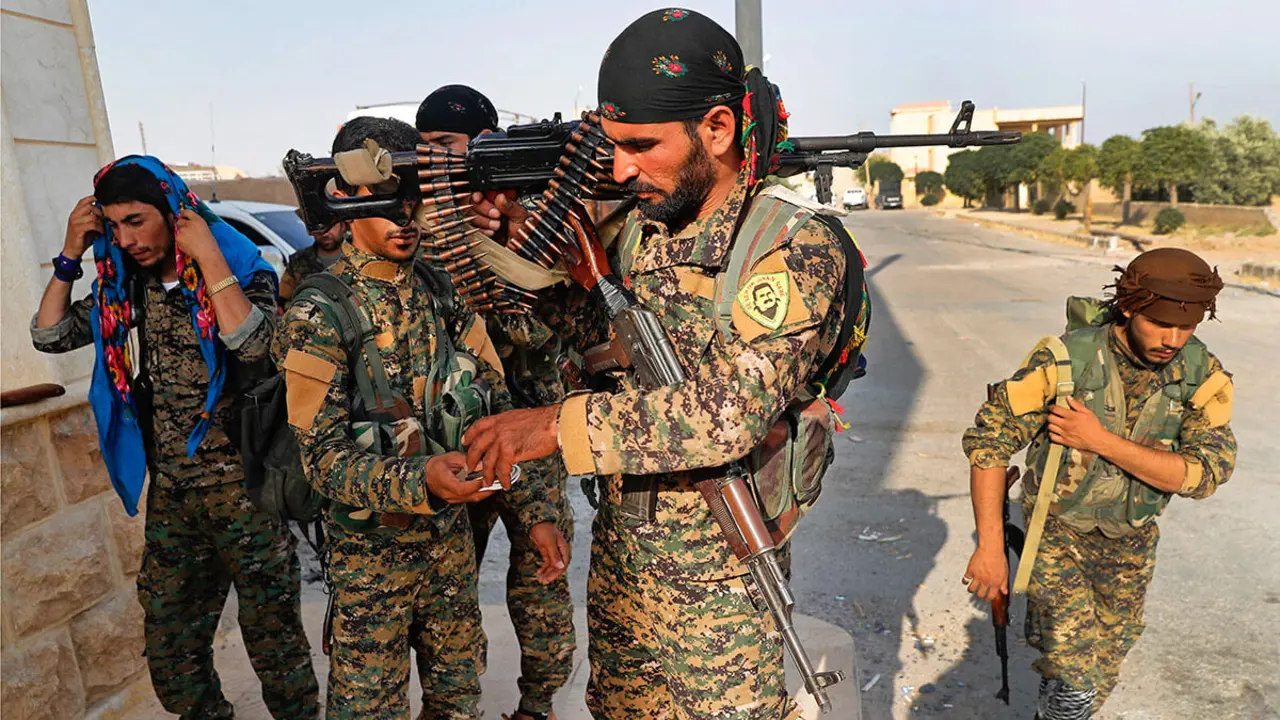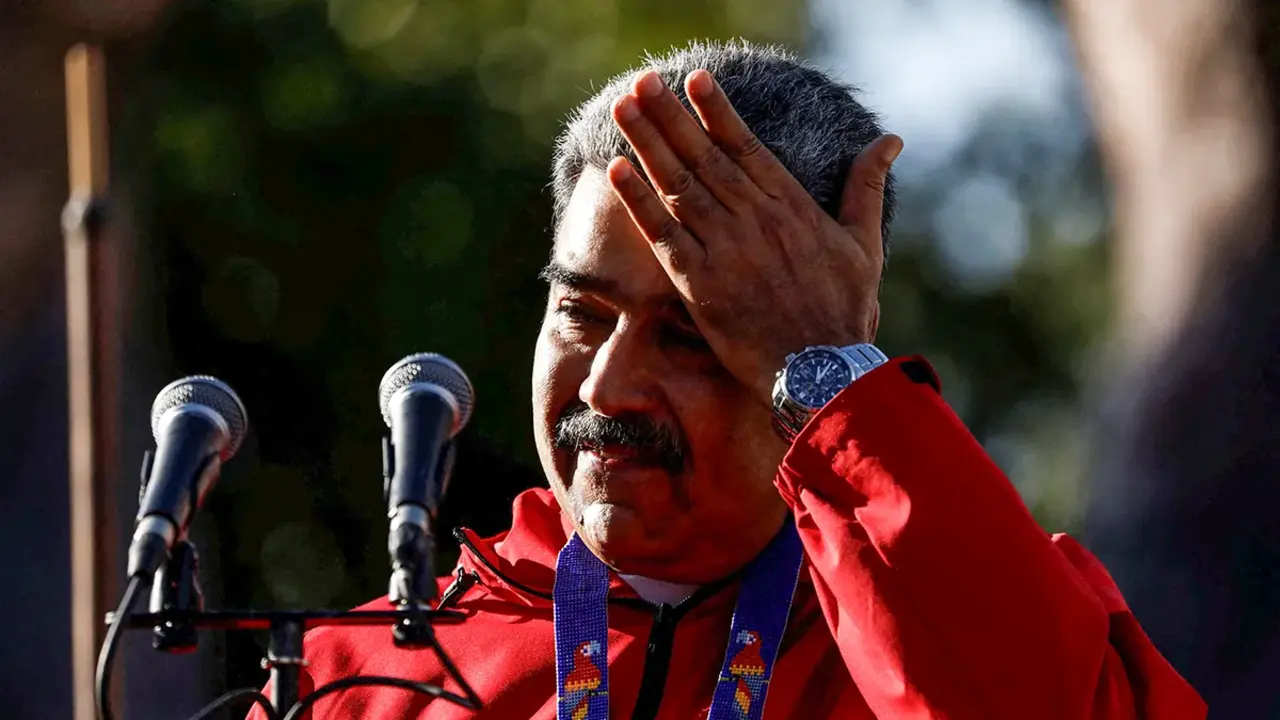The Algeria of Tebboune that is moving further and further away from the reality of the Algerians

The attempts to silence the internal and international crisis that the Algerian executive is going through with Abdelmadjid Tebboune - and the Army, linked to the Polisario Front - at the head, are becoming an almost impossible mission to sustain.
In a symposium, more like that of a communist leader than a leader of a state that should enjoy a key status due to its geographical location and its energy resources, the Algerian leader defended the policies carried out by the government aimed at the growth of family economies, job creation and maintaining some stability at all levels. Speech that ignored unemployment and the problems of the health and education sectors as a result of some of the government's decisions.
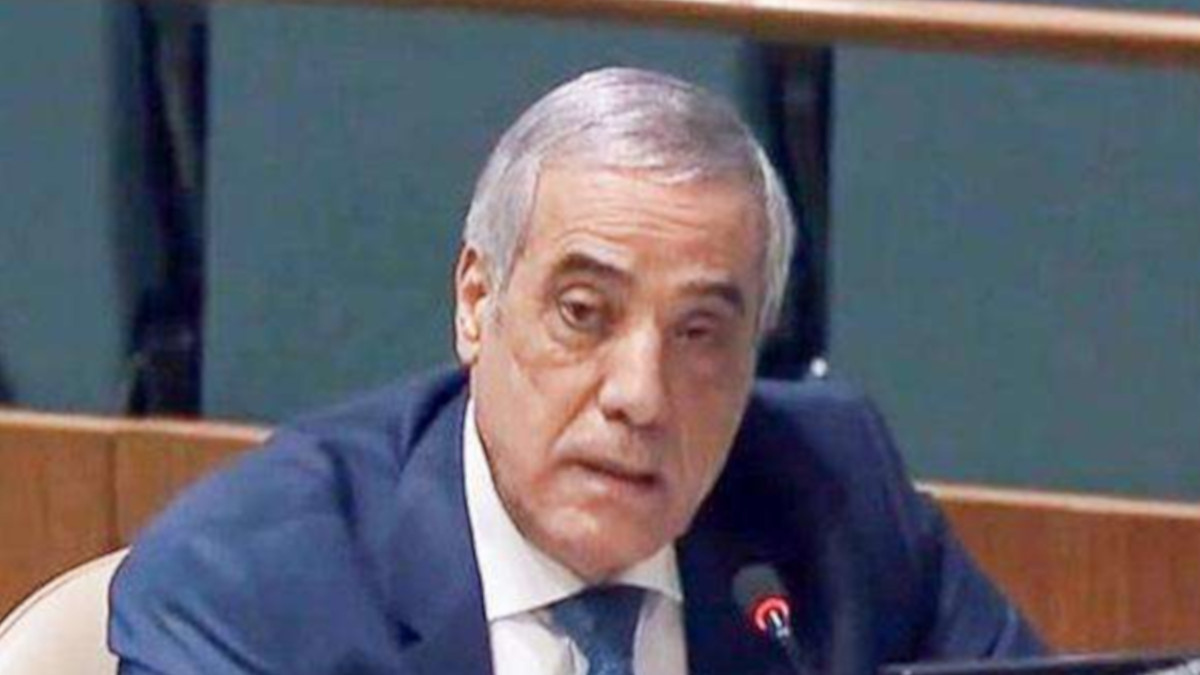
There are so many discrepancies between the Algerian people and the Administration that more and more Algerians are taking to the streets to protest, causing fewer and fewer people to trust the statements of the president or the minister who speaks instead of him.
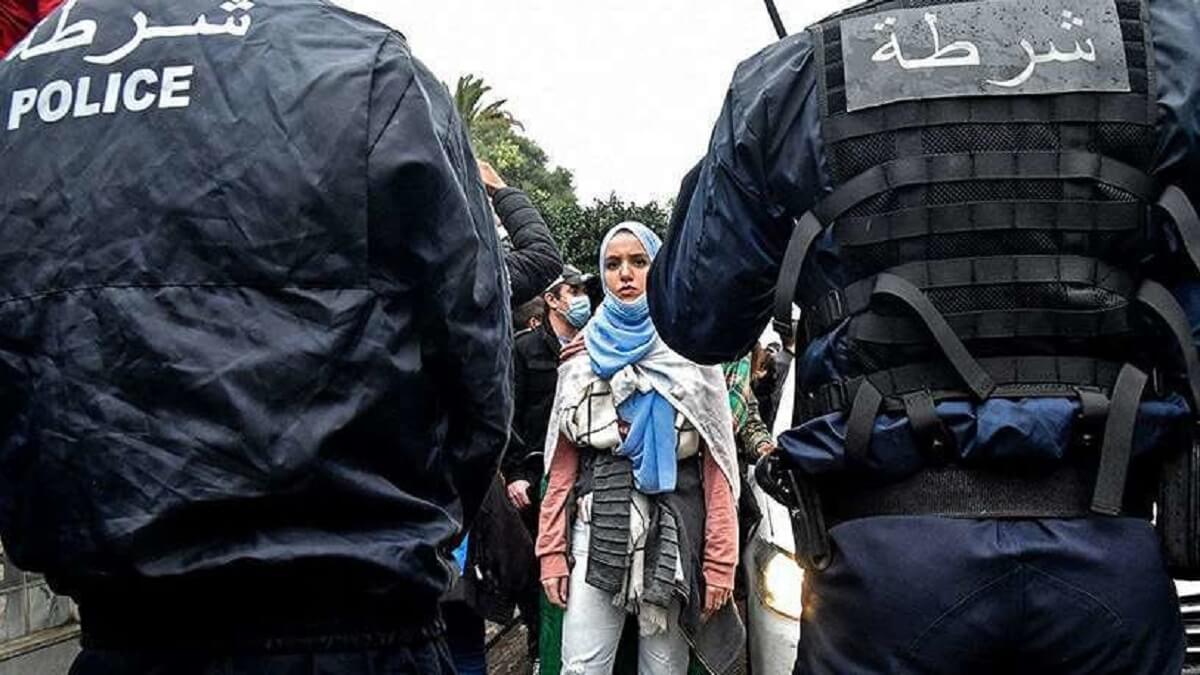
All this happens when the presidential elections that Tebboune conveniently wants to hold are just less than a year away, and he hopes that the demands on the streets of Algiers will continue to be much more than rhetoric and power gains.
The President analyzed the main features of Algeria's social policy and highlighted the efforts to strengthen the country's social character. This principle was inherited from the Declaration of November 1, the first document of the Moderna Algerian State. Based on this, the social protection policy based on the principles of justice and equal opportunities was created in 1954.
The social policies implemented by previous governments continue to be the object of internal criticism due to bureaucracy, the preservation of the rentier culture and the infiltration of government corruption, that's why experts are asking to change this policy in some way.
“A large-scale program has been launched to improve social indicators and, in particular, to meet the basic needs and services of citizens," Algerian Prime Minister Nadhir Arbawi said on behalf of the president. “It's about increasing the type and quality of services and ensuring equal access to services.”
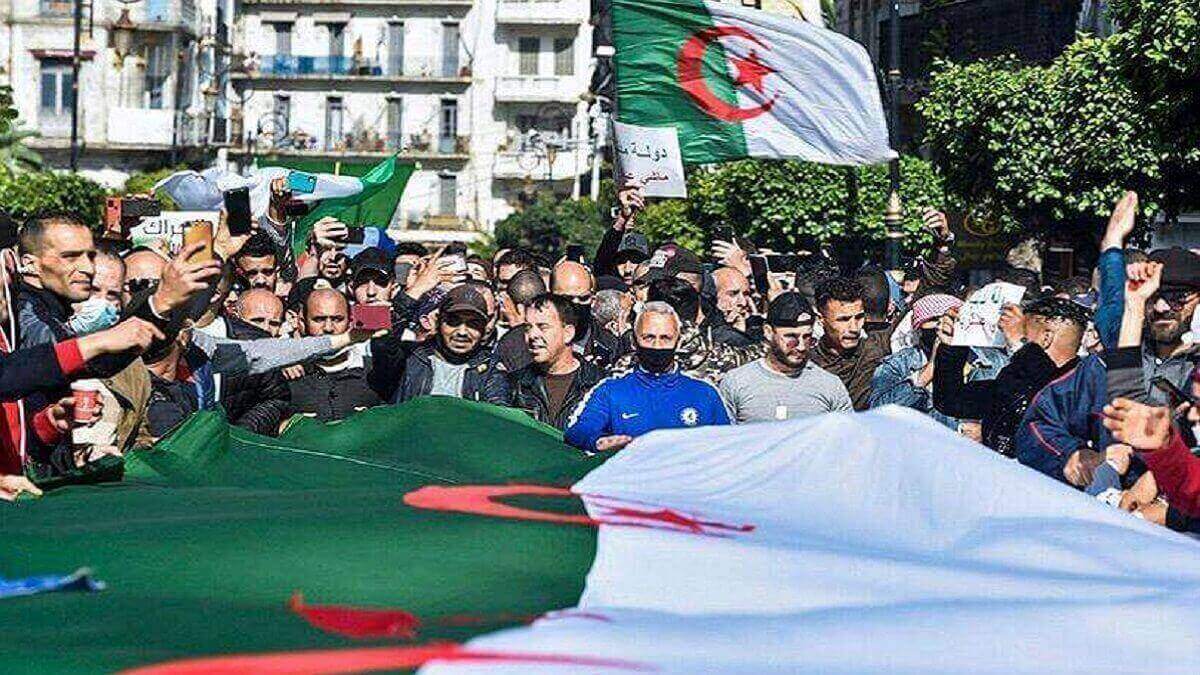
Dato kills story
"In recent years, government policies have supported the purchasing power of citizens by increasing the salaries of more than 2.8 million workers and entrepreneurs, increasing tax justice and guaranteeing basic needs, especially for vulnerable sectors of the population, and a range of social services such as improving specific subsidies for people with special needs and poverty and improving the living expenses of divorced women who take care of their children.” Although the data they refer to are real, the situation of families is worse than when Tebboune became president.
Increase in wages
The Interprofessional Minimum Wage (IMW) is one of the pillars of a country's socio-economic analysis. Looking ahead to 2023, it is true that the salary of Algerian workers increased compared to 2022. However, in real terms the increase was 2.5%. Data that, if compared with the growth of inflation (3 points) supposes a loss of purchasing power.

Likewise, if we compare the data since Tebboune came to power, wages have been reduced by 4.14%, which, applying the growth of the inflation rate, result in a loss of more than 10% of the purchasing power of Algerian families.
The conclusions, therefore, are clear: the increase in wages is a half-truth and the impoverishment of families has increased, which has led to social instability and demonstrations against the Regime.

In Algeria, the gender gap is 57.3%. This relationship makes Algeria one of the countries with the largest gender gap. To improve this situation, it is necessary to reduce the gap between men and women, which ultimately leads to an increase in the country's competitiveness. In Algeria, the gender gap has increased significantly compared to last year and to 2019. The Gender Gap Index analyzes the distribution of resources and opportunities between men and women in 155 countries. It measures the gap between the economy and the aforementioned gender inequalities in global participation in skilled employment, politics, access to education and life expectancy.
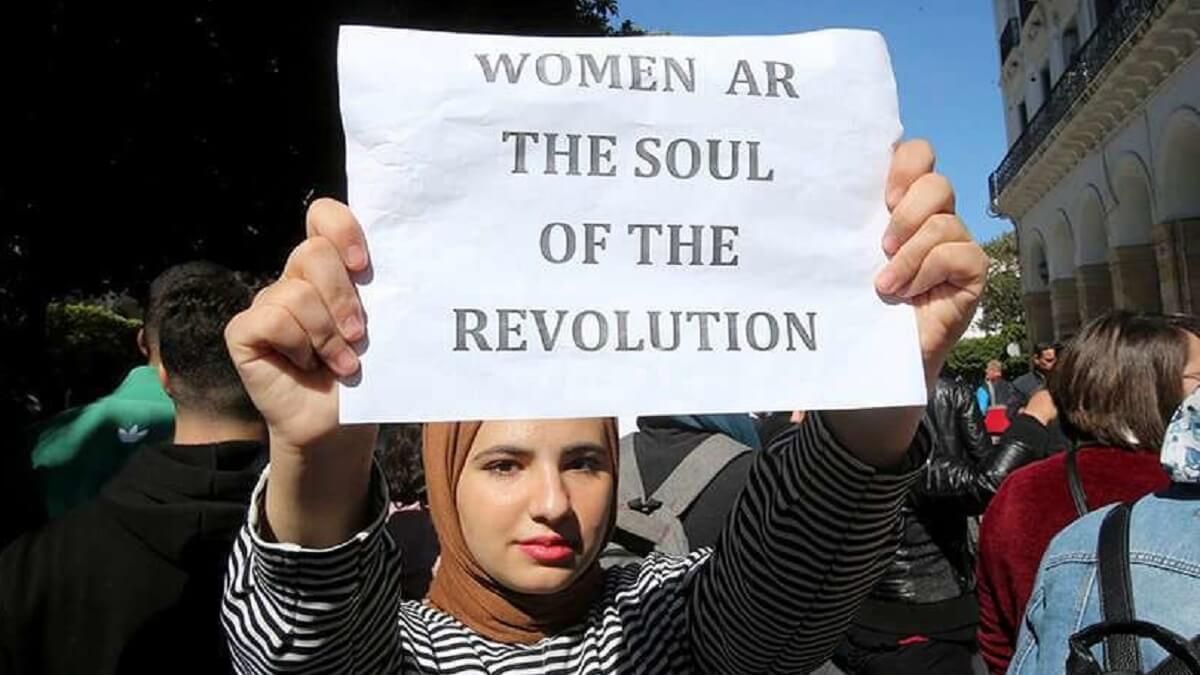
Corruption and Security
The political situation in Algeria is complicated. Corruption has been and is one of the main concerns of the Algerian people. As in all political systems affected by the virus of corruption, the hand of businessmen is always present since they do not have the moral burden of evading the responsibilities that the people give them in the elections. Algeria promotes participation in Polisario military exercises to conceal that the Polisario Front is a movement that carries out acts classified as terrorism.
One of the main proclamations of Abdelmadjid Tebboune after the victory in the 2019 elections was to reduce the corrupting index of the Maghreb country's politics. The passage of time has made it clear that the president's pretensions have been in vain. Algeria has been above the 90th place in the list of countries according to its corruption for the past century. However, it is not until the arrival of the current government, that the Algerian country enjoys such a bad position. Position, which is the worst since the data has been collected since 1999.
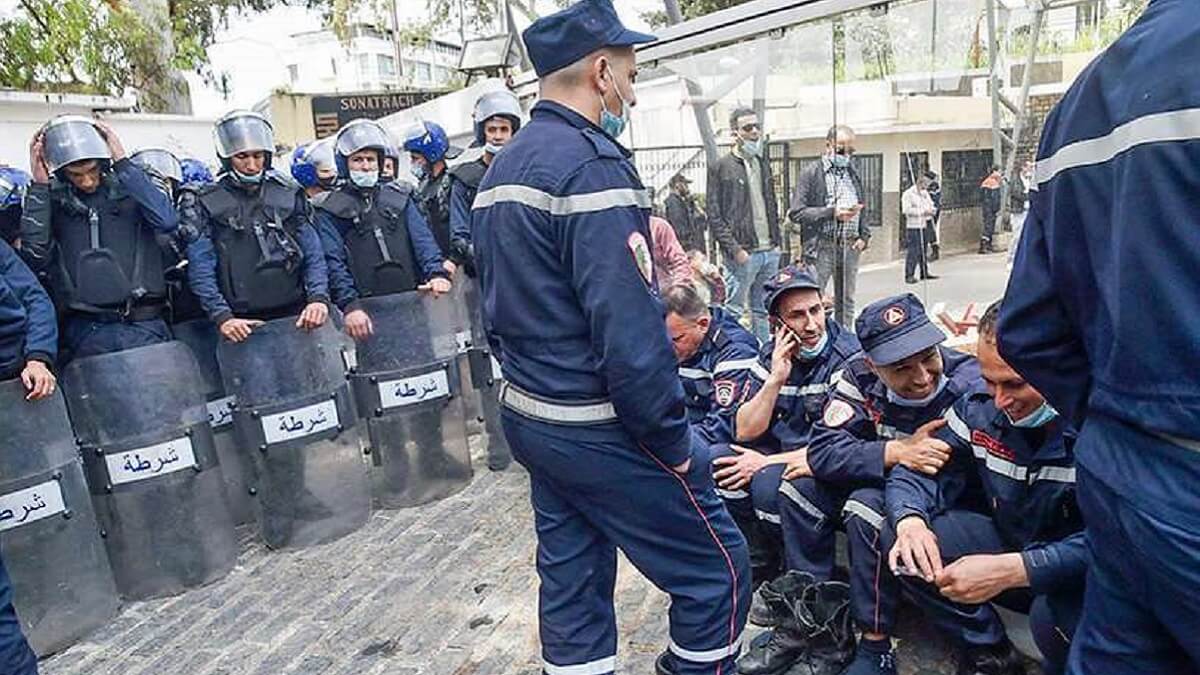
According to Transparency International's (TI) corruption Index, Algeria ranks 116th out of 180 countries. The fact that perceptions have been measured and freedom of expression undermined has not changed in recent years does not mean that corruption has decreased in the North African country.
Rather, it increases the probability that the data are inaccurate according to the information frequently issued by the Executive's communication office.
Censorship, persecution and international isolation
Algeria has recently been through a series of incidents that highlight the terrible human rights situation in the country. Four years after Hirak appeared on the scene, Algeria is facing a new wave of repression that mainly affects independent journalists, activists and personalities close to the Hirak opposition movement. Currently, this movement is the object of a harsh repression by the Algerian authorities.
Due to the silence of the international community, Algeria continues to imprison independent journalists like El Kadi since the end of December 2022. In fact, in addition to Algeria's internal problems, such as the economic situation, the Tebboune government was also facing a serious situation on the other side of the border. Algeria's foreign policy has left the country regionally isolated. Among the external problems, the conflict with Morocco stands out, a problem that Algeria uses to harass the opposition. Four years later, Hirak is still under regime control.
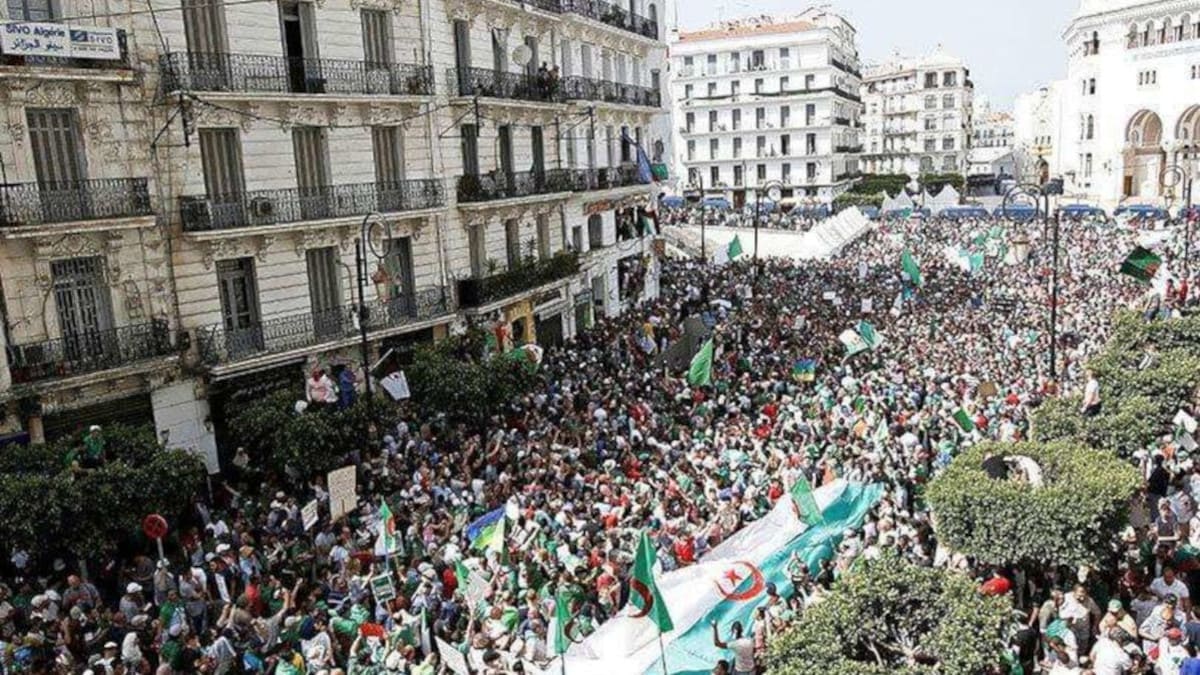
It has been four years since the Algerian people rose up against a dictatorial, military and repressive regime. Despite the change of president, our country still has the same problems. Currently, about two dozen journalists have been convicted or are still on trial, about 260 prisoners of conscience are still in prison, and thousands more have been imprisoned since June 2019. On the fourth anniversary of Hirak's birth, Algerians remember the peace movement that filled the country with hope for change.
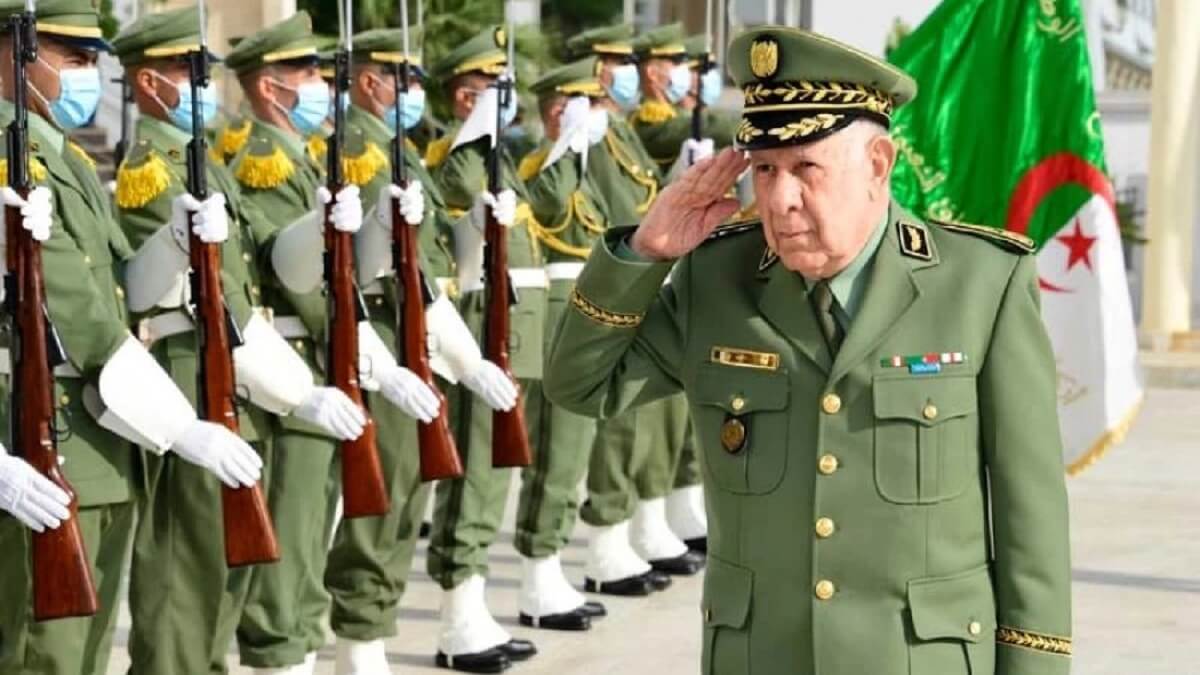
Health and Education
Health and educational well-being are other concerns of the Algerian people. Since the arrival of Tebboune to power, investment data on both subjects are scarce and hardly any data are known. However, the continuous concern of citizens and the persistent demonstrations in the main cities of the country show the shortcomings that both systems are suffering.
Morocco at the forefront of the world
Recognized as one of the countries with the most future projection, Morocco is ready to be the main engine of the African economy. Its geographical location, its resources and its unwavering improvement plan in sectors such as the automobile, the port, phosphates, renewable energy and tourism, where they are in the highest positions, labor reforms, wage increases, the constant expansion of relations with European and American countries cause more and more international partners to look at the Moroccan Kingdom.
Proof of this is that Morocco is currently among the first connecting countries of world trade, at the same time, it is one of the main allies of the European Union, enjoys one of the most important fishing contracts worldwide. In addition, the Moroccan diplomatic corps are becoming more and more present in the conversations of executives around the world.

The Kingdom is therefore the clear example that good planning leads to great results and that dialogue is the perfect solution, both in the long term and in the short term. That is why Morocco today enjoys key partners such as the United States, the country's main investor, Spain, a country with which it has significantly improved its relations, and the European Union, with whom they are increasingly reaching more trade agreements. However, Algeria has as its main allies Russia and Iran, which, together with its political isolation, are forging a great difference with Morocco on the international chessboard.

